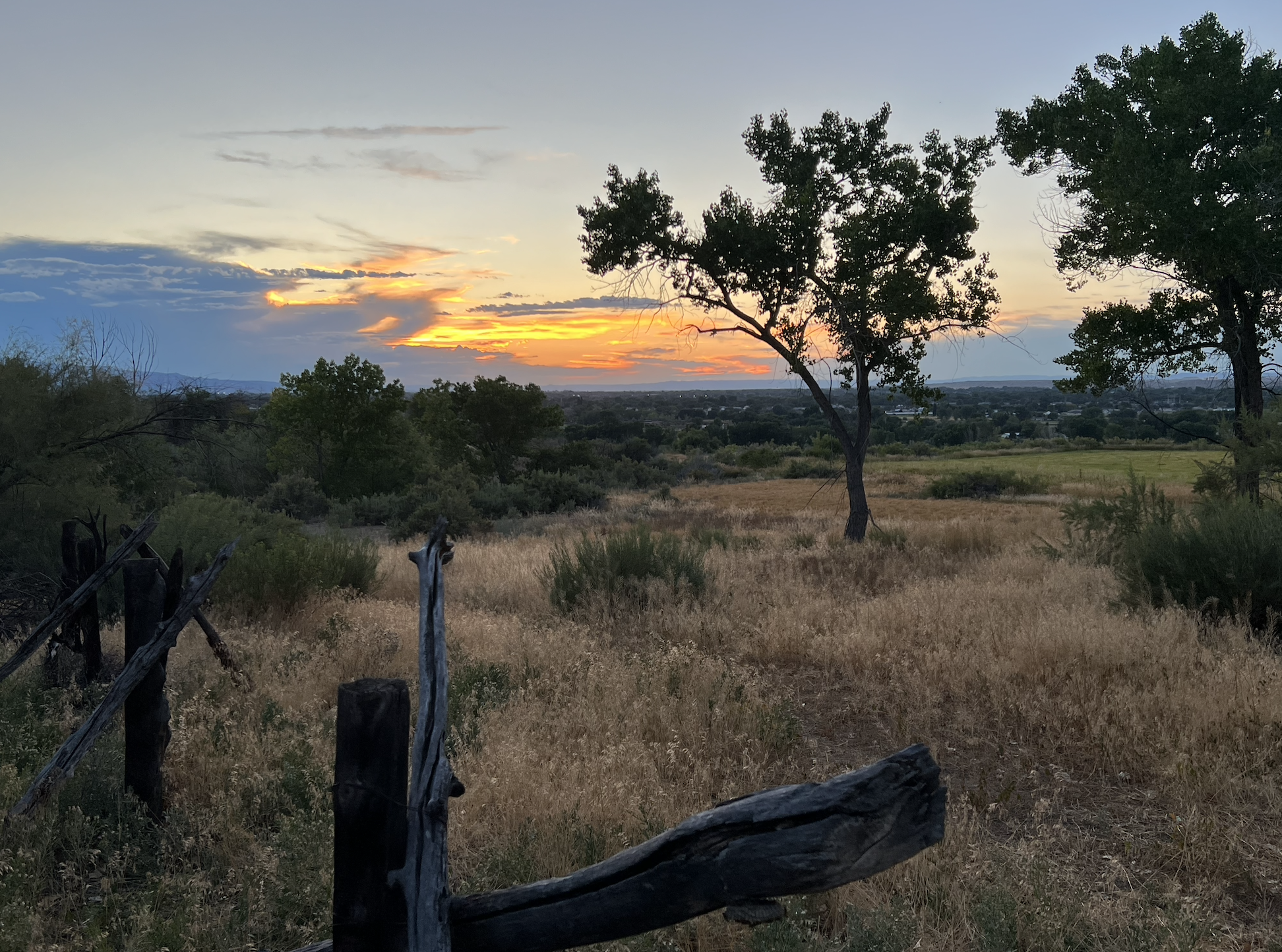Last week at The Art of Hosting Portland / Vancouver, Aimee Samara from our hosting team offered a 30-minute piece on helping environments to be safe. She offered it near the beginning of the three days together, intended to bring awareness to differences in privilege and power. It was intended to support us, fifty-five participants, as a healthy and engaged learning community, throughout the time we would have together.
Aimee’s set-up involved four recommendations. With a longer process, these could be choices of agreements, added to by participants. For this day, they were what I heard as good and helpful suggestions.
1. See Your Self-Identifying — This is a tricky one isn’t it. It’s a bit like asking you to see your culture. By definition, identity and culture are largely invisible. Having said that, calling some attention and awareness to it, I believe opens it up. It’s a bit like asking people to pay attention to the color blue and then share all of the places that they see it. Most people are amazed by the amount of blue that they see.
2. Forgive Yourself — Most identity work involves this, I find. It is not just a step, but an overall disposition of kindness towards oneself for the blind spots that most of us live with. Most of us “other” at some point. We create “us / them,” categories of inclusion and exclusion. We are well served by awareness, yes, and a large dose of kindness to ourselves. I learned this well with my stepfather over several years, saying goodbye to him after summer family vacations. He would hug me, kiss me on the cheek, and tell me, “be good to yourself.” Parting words are sometimes the most helpful.
3. Be Curious and Courageous — I relate to this recommendation as a mantra, “Be Present, Be Curious,” that I’ve practiced now for many years. I believe that most of us are curious, by nature, and that most of us are courageous. They are main descriptors of the job that it is to be human. Being curious and courageous also require moving to an edge. The edge of the known and the edge of what feels comfortable. Engagement with others often requires meeting at the boundaries between one perceived social geography and another.
4. Keep Trying to Expand — I relate to this recommendation as invitation to keep trying to get a little bigger. A little more beyond current self. A little more away from the protection that is certainty. I notice that when I meditate, typically each morning for twenty minutes, slow breathing really matters to me. I often count the length of my breath. Slow counts, perhaps one per second. When I begin meditating, those counts are typically six seconds on the in-breath and six seconds on the out breath. By the time I’m done, often the counts are double. Expansion in thought means going beyond the protected and the well-guarded.
Of course there was a social engagement to go with these recommendations. On this occasion, Aimee invited four rounds of partner conversation, a different partner for each one, found through milling about. The conversations were two or three minutes each.
- What diversity to you bring to the room? (For each of the first two rounds.)
- When have you experienced exclusion?
- When have you experienced better outcome through inclusion?
Thanks Aimee. Thanks team.
